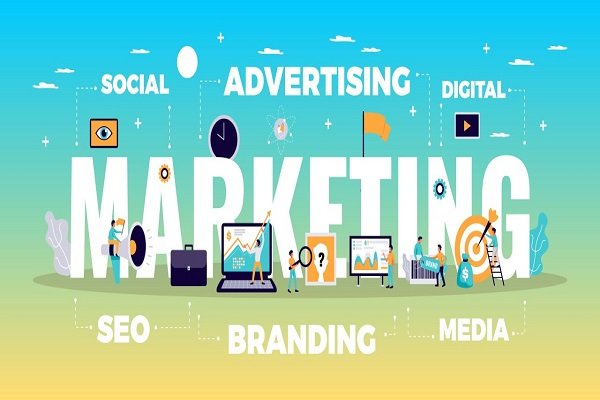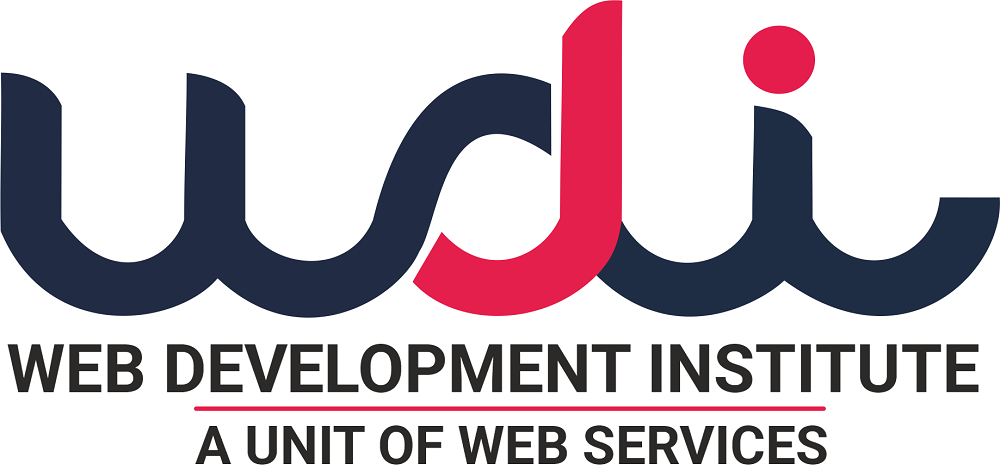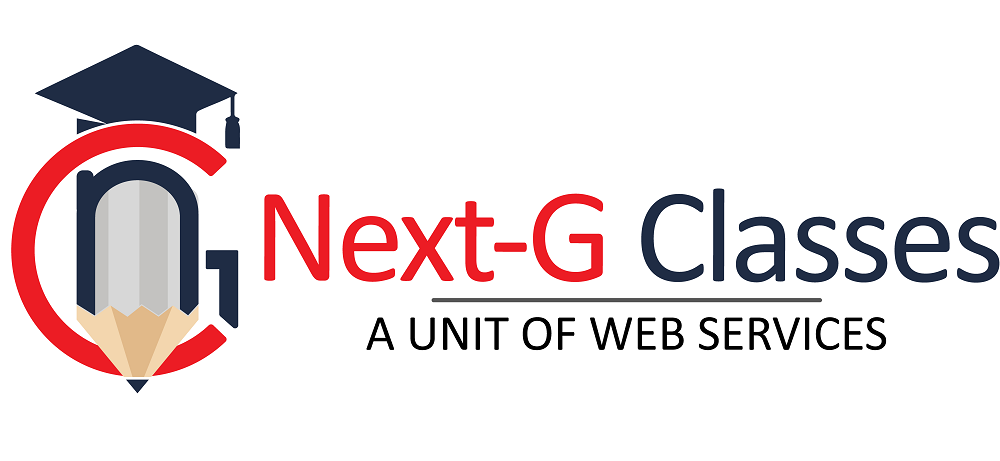Digital Marketing
Digital Marketing
Digital marketing refers to the use of digital channels, platforms, and technologies to promote products, services, or brands to a targeted audience. It is a dynamic and data-driven field that allows businesses to reach their audience effectively through various online strategies.

Components of Digital Marketing:
Search Engine Optimization (SEO):
Enhancing website visibility on search engines like Google through organic strategies such as keyword optimization, content creation, and technical improvements.Content Marketing:
Creating and distributing valuable, relevant, and consistent content to attract and engage a specific audience, such as blog posts, videos, infographics, and eBooks.Social Media Marketing (SMM):
Using platforms like Facebook, Instagram, Twitter, LinkedIn, and TikTok to promote products, engage with audiences, and build brand awareness.Pay-Per-Click Advertising (PPC):
Running paid ads on platforms like Google Ads, Facebook Ads, or LinkedIn Ads, where businesses pay for clicks, impressions, or other interactions.Email Marketing:
Sending targeted and personalized emails to nurture leads, engage customers, and encourage conversions.Affiliate Marketing:
Partnering with individuals or businesses (affiliates) who promote your products or services in exchange for a commission on sales.Influencer Marketing:
Collaborating with influencers to promote your brand to their followers, leveraging their authority and reach.Mobile Marketing:
Strategies targeting mobile users through SMS, app-based advertising, or responsive mobile websites.Analytics and Data-Driven Marketing:
Using tools like Google Analytics, social media insights, and CRM data to monitor campaign performance and make informed decisions.Video Marketing:
Creating and sharing videos on platforms like YouTube, Instagram, or TikTok to engage audiences and convey messages effectively.
Benefits of Digital Marketing:
- Wider Reach: Connect with audiences worldwide.
- Cost-Effective: Lower costs compared to traditional marketing.
- Targeted Campaigns: Reach specific demographics based on interests, behaviors, and location.
- Measurable Results: Track performance with tools and metrics.
- Flexibility: Adjust campaigns in real time based on data.
Working With The Best
Our Partners




